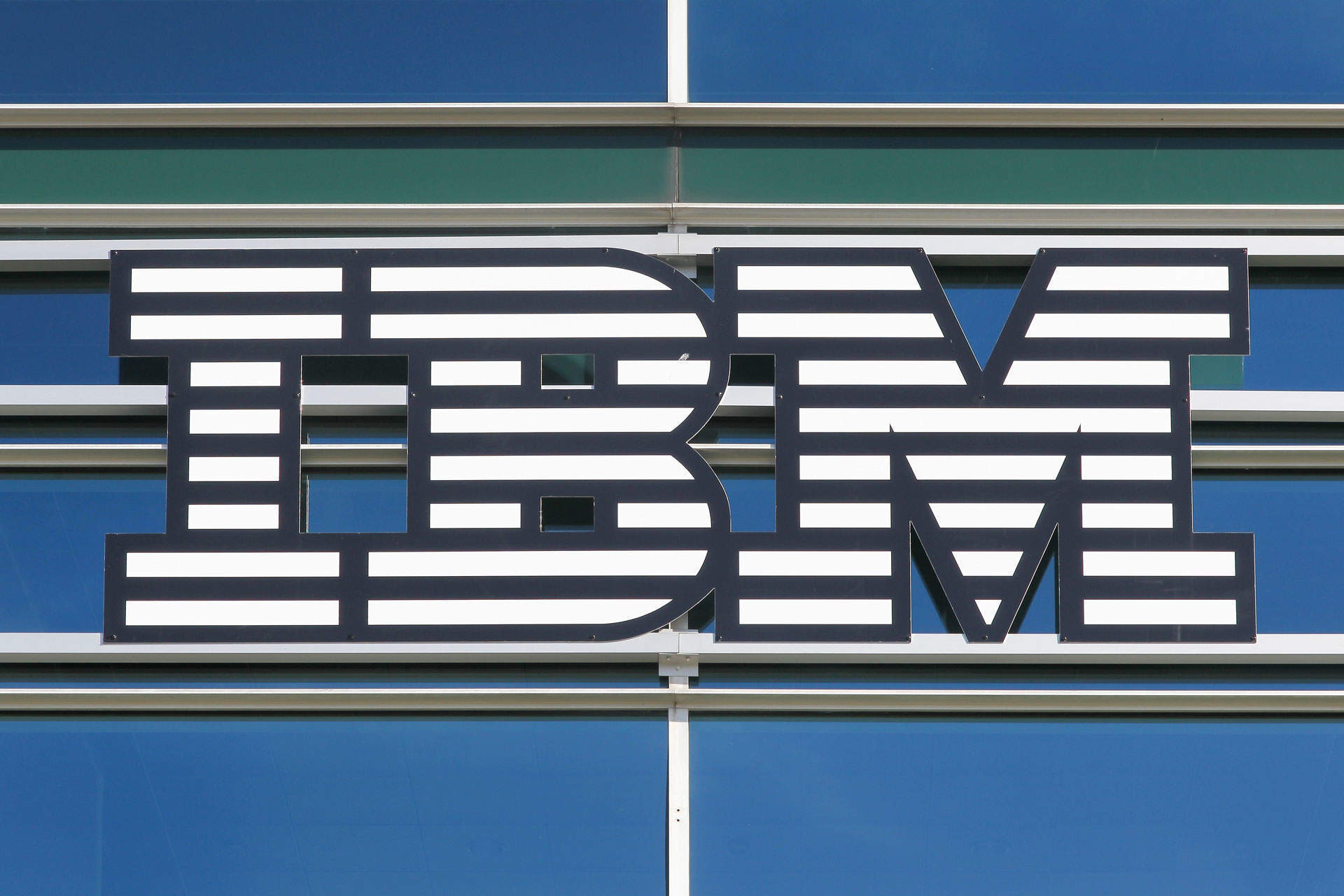A number of potential use cases for blockchain have emerged which could help healthcare providers and industries cope with the impacts of Covid-19. One of these has been put into action this week by IBM, which launched its Rapid Supplier Connect (RSC) platform.
Designed to help government agencies and healthcare organizations identify new, non-traditional suppliers who have pivoted to address the shortage of equipment, devices and supplies needed for Covid-19 relief efforts, RSC is based on the Trust Your Supplier identity platform built by Chainyard for qualification and identification, in conjunction with IBM’s existing Sterling Supply Chain Suite and Inventory Visibility microservice.
Manufacturers have been quick to react
Manufacturers worldwide have been quick to pivot to support urgent requirements, as shortages of key products threatened healthcare workers, patients, and the public. For example, perfume and whiskey makers started producing hand sanitizer, while fashion brands and other non-medical suppliers pivoted to making N95 facemasks and other PPE.
However, distilleries and fashion brands don’t have relationships with hospitals, pharmacies and health care systems. Matching capacity of supply with demand on the ground has proved to be an unfortunate barrier. It’s a similar issue to the one experienced with shortages of toilet paper and certain food products. Products traditionally sold to businesses have completely different supply chains than those supplying consumers, limiting the ability of manufacturers to pivot quickly, compounding the effects of early consumer hoarding of those products.
RSC is helping ease supply chain problems
RSC already has over 200 suppliers, with buyers representing hospitals, US state authorities and other healthcare organizations also on board. The network is well placed to help those buyers to identify non-traditional but vetted suppliers through a platform that allows them to purchase quickly, at scale, required masks, gowns and other essential supplies that have dried up in traditional supply chains. In addition to providing real-time inventory availability, it also helps identify existing supplies and excess inventory going unused, allowing hospitals to make them available to others and redirect supplies where they are needed most.
In addition to the integrated solution provided by IBM and its technology partners, RSC also leverages Project95, a Covid-19 clearinghouse for providing due diligence information on suppliers, supported by Dun & Bradstreet, Thomson Reuters, and other supply chain vetting tools.

US Tariffs are shifting - will you react or anticipate?
Don’t let policy changes catch you off guard. Stay proactive with real-time data and expert analysis.
By GlobalDataFree access to RSC until 31 August
These efforts, so far, are provided for free. According to IBM, Rapid Supplier Connect is available at no cost until 31 August 2020 to qualified buyers and suppliers in the United States and Canada.
When and if the platform is monetized in the future, it would appear to represent a real solution for a healthcare sector under unprecedented capacity and supply pressures that are unlikely to be eased anytime soon. As fundamental changes are made to the way governments and health organizations prepare for a post-crisis environment that assumes the likelihood of future pandemics, blockhain-based platforms like IBM’s will continue to have a role in supply chain optimization.
That RSC is running, in part, off its Sterling Supply Chain Suite and Inventory Visibility microservice, shows how far blockchain has come commercially. Its applicability for solving B2B issues around both trust and availability should see it supporting additional future use cases in both public health and crisis management.









